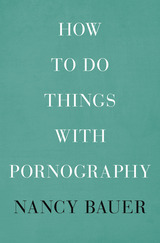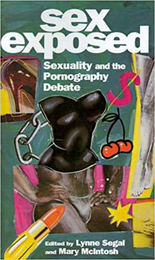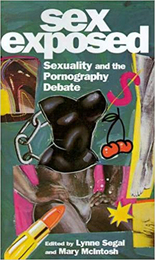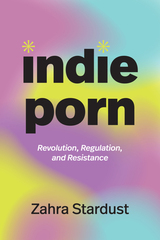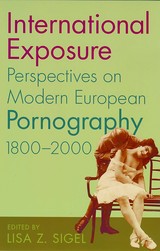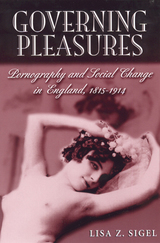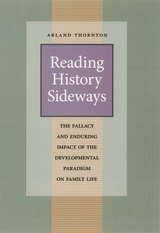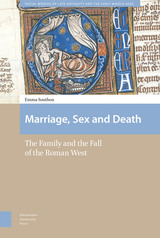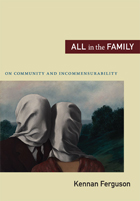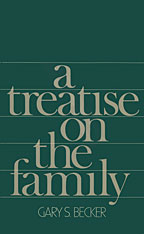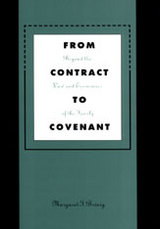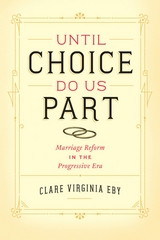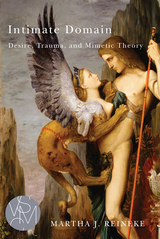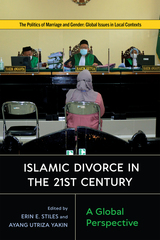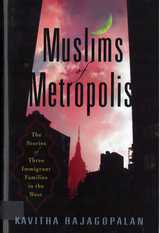Cloth: 978-0-674-39676-0
Library of Congress Classification HQ503.H5713 1996
Dewey Decimal Classification 306.8509
This monumental work in two volumes brings together experts from every discipline to show what the study of each epoch has to tell us about the family. Why is the family universal and yet so different in its various cultural manifestations? What notions of kinship regulate it, and how do these develop and change?
The shock of modernity shapes the story in Volume II, as the authors explore the impact of the industrial revolution, socialism, and contemporary practices from birth control to the widespread employment of women on the forms and norms of the family. This volume ranges from the changing influence of church and state on marriage and inheritance in early modern Europe to the demographic catastrophe wrought by the Spanish conquest in Mesoamerica; from the redefinition of family during the Chinese Revolution to the organization of nation and business along family lines in Japan since the Meiji Restoration; from the effects of British colonial policy and nationalistic reform on the family in India to the interplay of urbanization and the spread of Islam in new family codes in black Africa. The result is a complex, encyclopedic picture of the family confronting vast changes in politics, economics, and technology, adapting freely or perforce and yet fiercely maintaining the diversity that has marked it from the beginning of time.
See other books on: Burguière, André | Families | Klapisch-Zuber, Christiane | Segalen, Martine | Zonabend, Françoise
See other titles from Harvard University Press

